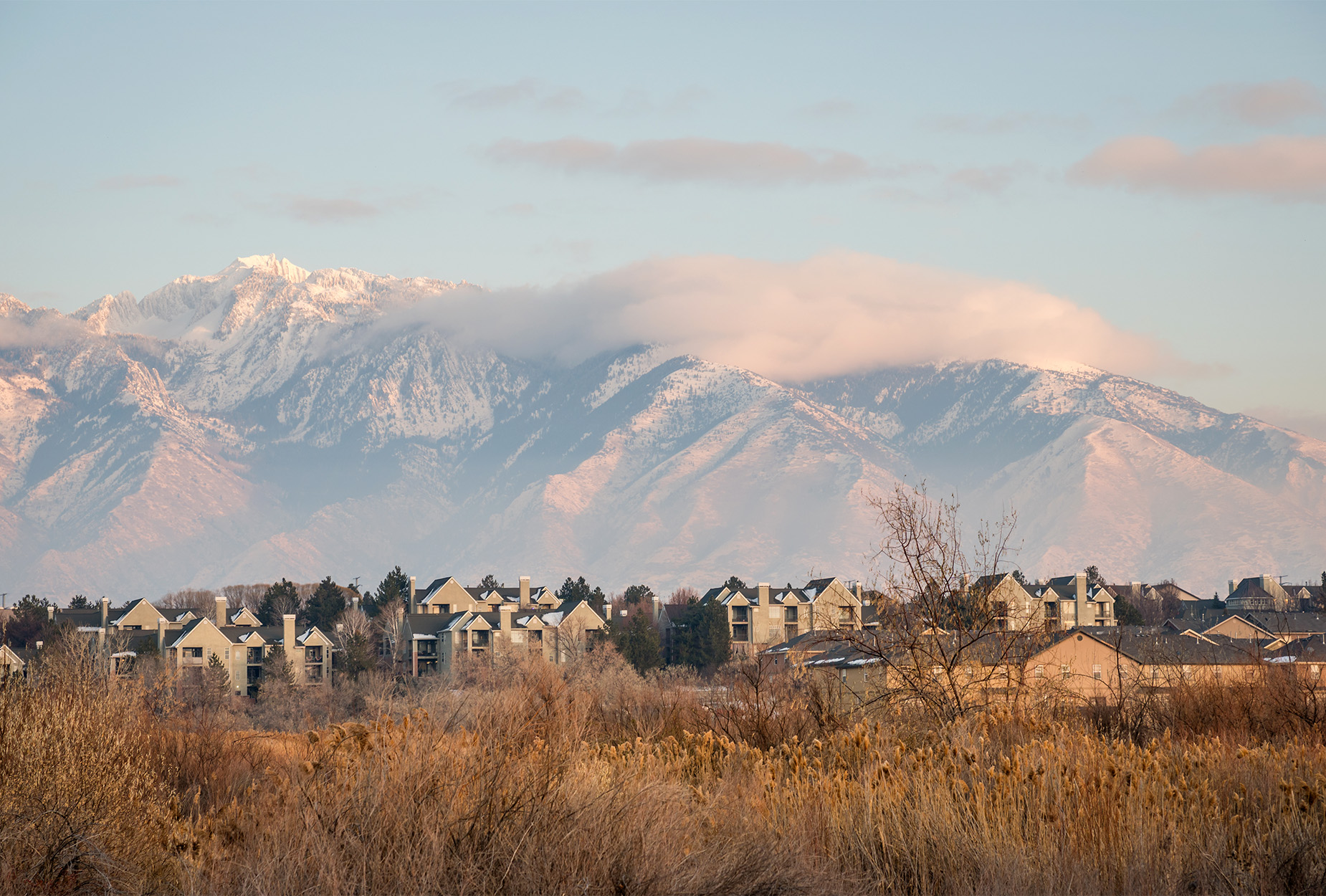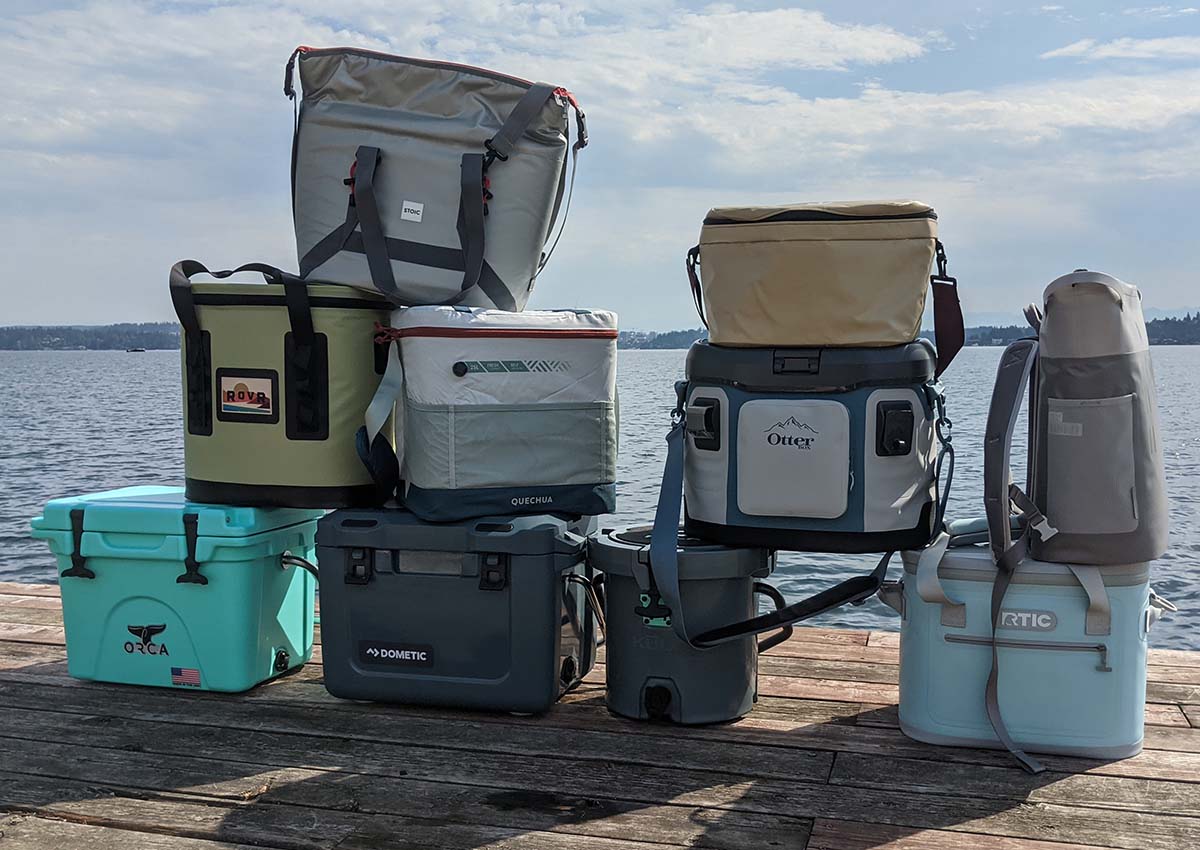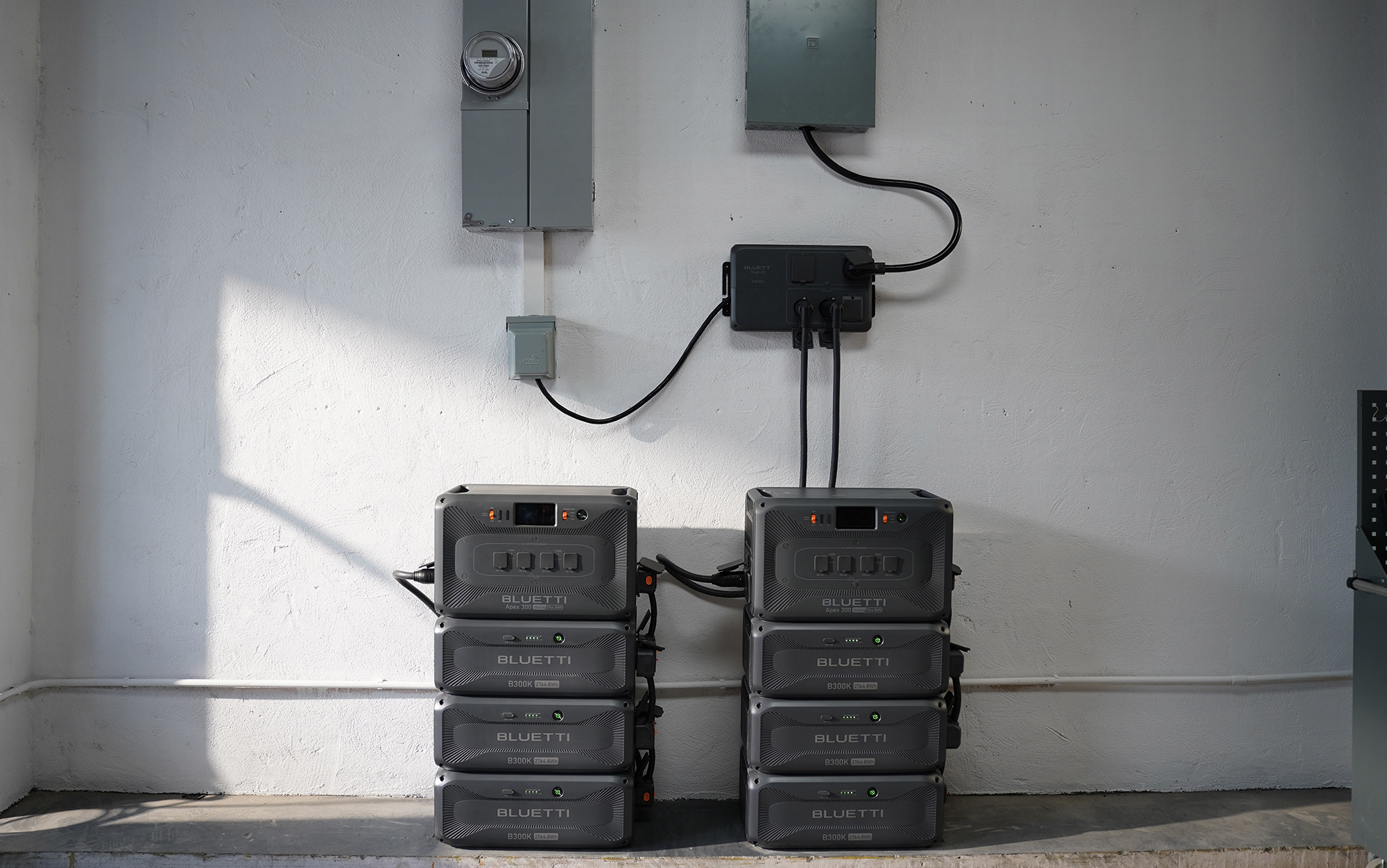Public Land Sales Proposal Could Advance at 1 A.M. Tomorrow

A congressional budget proposal that requires the federal government to sell or trade over 500,000 acres of public land in Utah and Nevada is moving to its next step: a Rules Committee meeting at 1 a.m. tomorrow morning.
The timing of the meeting, in which members will vote on the conformity of the budget with House rules, confirms to critics that Republican lawmakers want to shield their vote from public scrutiny. The last-minute introduction of the land-sales amendment to the House Natural Resources budget mark-up, at about 11 p.m. after 14 hours of meetings on May 6, was lambasted as a “dark-of-night” procedure by critics who claim the action could create a destabilizing precedent leading to wholesale loss of federal public land.
The public-land sale proposal has stoked widespread opposition in the conservation and hunting community, with most organizations calling on their members to contact their congressional delegation to demand a “no” vote on that portion of the federal budget.
“This isn’t about partisanship. This is about principle,” North American board chair for Backcountry Hunters & Anglers Ryan Callaghan said in a press statement. “Our public lands are not bargaining chips. They are not surplus. And they are not for sale.”
The centrist Congressional Sportsmen’s Foundation noted that while disposal of federal land to accommodate urban growth in the West is often appropriate, there’s already an established process to identify and dispose of those lands.
“But when efforts to sell or dispose of federal lands are unexpectedly added to a piece of legislation that requires a lower degree of Congressional passage than normal legislation, it causes concern,” the CSF wrote in a post. “In this case, a late night, unexpected amendment to a budget reconciliation bill, which requires only a simple majority of 51 votes in the Senate compared to the normal threshold of 60, to potentially sell off and dispose of certain federal lands is problematic.”
The Next Step in Public-Land Sales
This afternoon the House Rules Committee is expected to start considering the Natural Resources budget mark-up, along with contributions from other House committees, as part of the procedural process that ensures the budget conforms with legal, policy, and procedural guidelines. Several Rules Committee members have suggested that they may not vote in line with Republican leadership and the Trump Administration, making the Rules Committee an important stop for those who would remove some of its objectionable provisions.
According to reporting by E&E News Republican and Montana congressman Ryan Zinke, Trump’s first Interior Secretary and a vocal opponent of selling or trading public lands, may seek to insert language in the bill before it reaches the Rules Committee. Zinke reportedly plans to include changes and remove the land-disposal amendment.
“The sale of public land is a red line for me,” Zinke told Outdoor Life in an interview earlier this year. “Along with upholding the Constitution of the United States, fighting attempts to sell or trade wholesale pieces of our public estate is something I will not bend on.”
It’s unclear how the mechanics of Zinke’s amendment would affect the larger Natural Resources budget mark-up, or whether it would have support among Rules Committee members to proceed.
The entirety of the 1,116-page budget bill, known as the One Big Beautiful Bill Act, would make Trump’s 2017 tax cuts permanent, reduce tax credits for climate-friendly energy investments, make significant cuts to Medicaid and the Supplemental Nutrition Assistance Program, raise the nation’s debt limit by $4 trillion, expand funding for the military, and reduce most federal agency personnel and budgets.
Provisions of the budget bill affecting natural resource and public-land management were detailed in the House Natural Resources’ contribution to the package earlier this month. Because the provisions are part of what’s called a budget reconciliation process, the entire package needs only a simple majority to pass the House and the Senate.
Read the full article here







